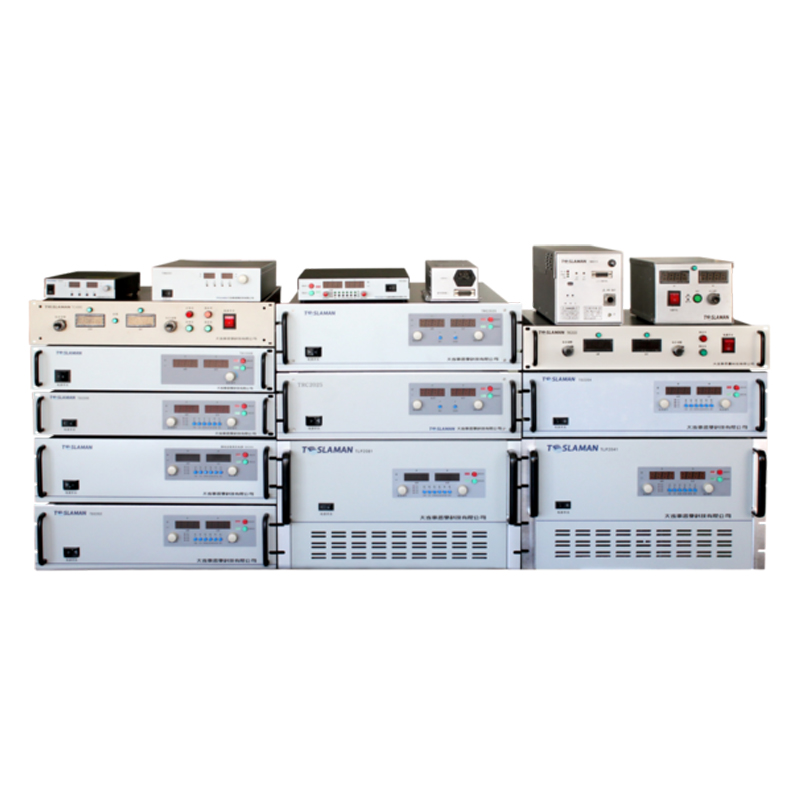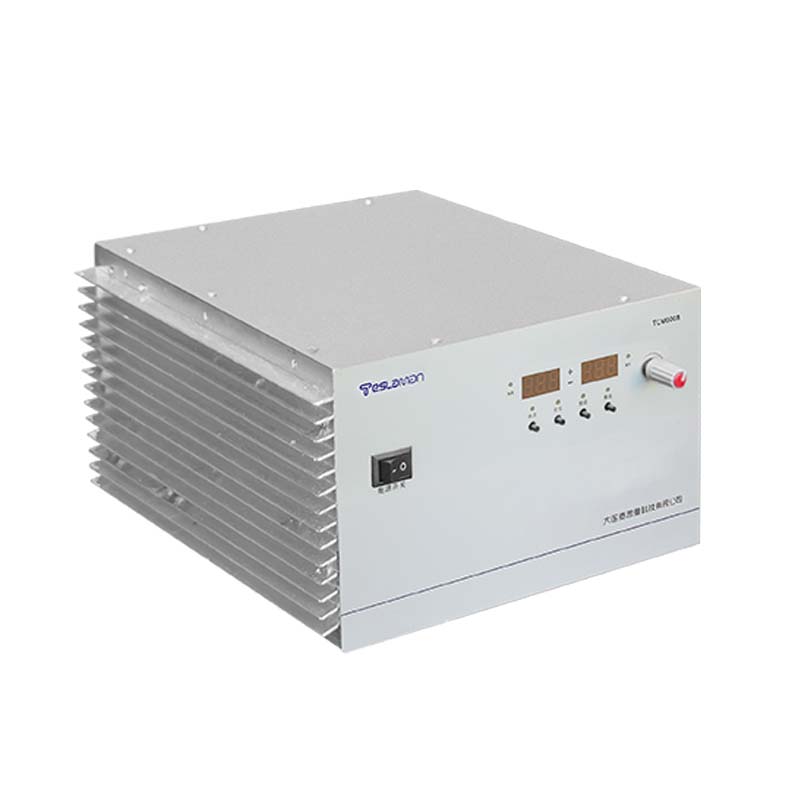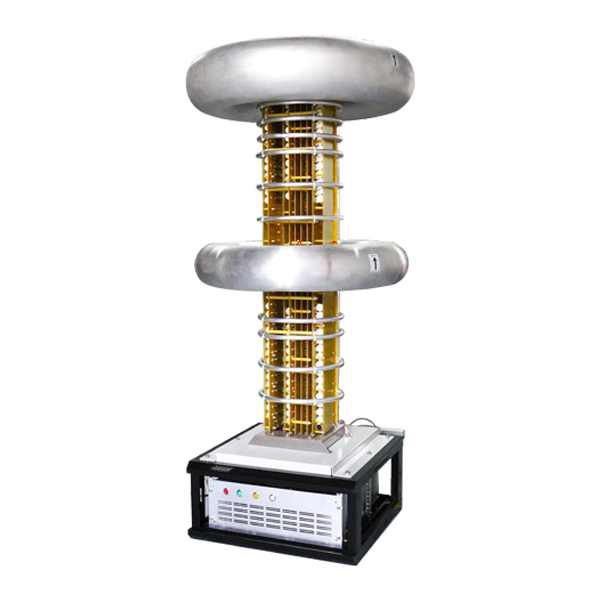Application and Optimization of High Voltage DC Power Supplies in Spacecraft Power Systems
With the rapid development of technology, spacecraft are becoming more and more powerful, demanding higher requirements for their power systems. High voltage direct current (HVDC) power supplies, as an efficient and stable form of power, have been widely applied in spacecraft power systems. This article will discuss the application of HVDC power supplies in spacecraft power systems from a professional perspective and explore optimization strategies.
I. Application of High Voltage DC Power Supplies in Spacecraft Power Systems
1. Composition of Power Systems
Spacecraft power systems typically consist of generation, storage, distribution, and load components. HVDC power supplies are mainly used in the generation and storage segments to provide stable and reliable electrical energy for spacecraft.
2. High Voltage DC Generation Technology
Currently, spacecraft mainly use solar arrays and fuel cells as the primary means of generating HVDC power. Solar arrays convert solar energy into electrical energy through the photovoltaic effect, offering advantages such as high energy density and long lifespan; fuel cells generate electricity through chemical reactions, featuring high energy conversion efficiency and environmental friendliness.
3. High Voltage DC Storage Technology
Spacecraft require energy storage devices to balance the power demand between generation and load. HVDC power supply storage technologies include batteries, supercapacitors, and superconducting energy storage, among others. These storage devices offer advantages such as fast charging/discharging speeds, long cycle life, and high energy density, meeting the power needs of spacecraft in complex environments.
II. Optimization Strategies for High Voltage DC Power Supplies in Spacecraft Power Systems
1. Improving Generation Efficiency
To enhance the overall performance of spacecraft power systems, it is necessary to start with the generation segment and improve generation efficiency. This can be achieved by optimizing the design of solar arrays, selecting high-efficiency fuel cells, and employing maximum power point tracking (MPPT) technology to ensure that the generation system operates at its optimal state at all times.
2. Optimizing Energy Storage System Configuration
The configuration of energy storage systems has a significant impact on the performance and reliability of spacecraft power systems. Therefore, it is essential to choose the type, capacity, and quantity of energy storage devices reasonably based on the specific mission requirements of the spacecraft. At the same time, optimizing the charging/discharging control strategy of the energy storage system can improve its utilization rate and cycle life.
3. Enhancing the Reliability and Flexibility of Distribution Systems
Spacecraft distribution systems must possess high reliability and flexibility to cope with the complex space environment. To achieve this, modular and redundant designs can be employed to improve the reliability of the distribution system. Additionally, introducing advanced power electronics technologies, such as solid-state circuit breakers and intelligent distribution modules, can enhance the flexibility and intelligence level of the distribution system.
4. Optimization of Energy Management Systems
Spacecraft power system energy management systems are responsible for monitoring and controlling the operating status of the entire power system to ensure the normal operation of the spacecraft. To improve the performance of energy management systems, intelligent algorithms and big data analysis techniques can be employed to achieve precise control and optimized scheduling of the power system.
In conclusion, high voltage DC power supplies have broad application prospects in spacecraft power systems. By continuously optimizing the generation, storage, distribution, and energy management systems, the overall performance of spacecraft power systems can be enhanced, providing strong guarantees for the safe and reliable operation of spacecraft.




















